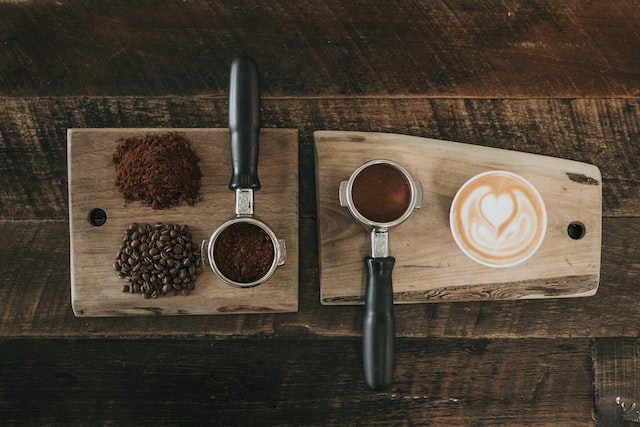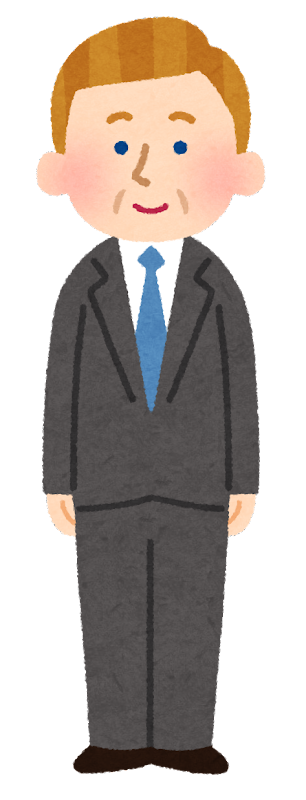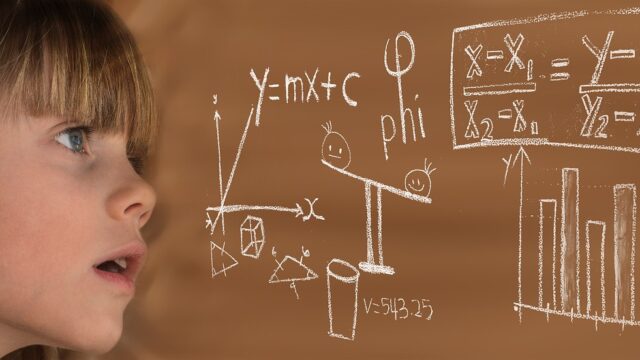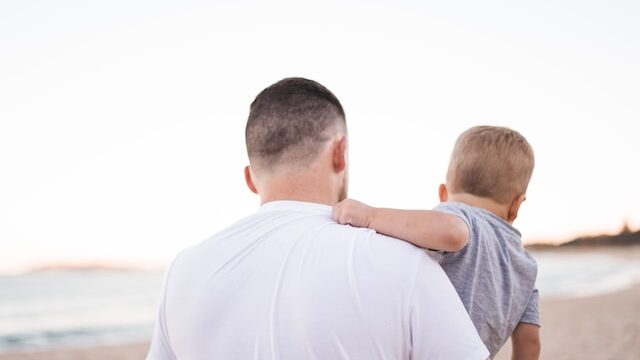ライフハックとしてではなく、英語学習にも極めて有用なのが、著名人が10分程度のプレゼンを行うTEDです。
TED Talksとは、あらゆる分野のエキスパートたちによるプレゼンテーションを無料で視聴できる動画配信サービスのことです。10年ほど前にサービスが開始されてから、政治、心理学、経済、日常生活などの幅広いコンテンツが視聴できることから人気を集めています。
RareJob English Lab
TEDは4000を超える膨大な数の動画があります。しかし慣れないうちは、動画の探し方や視聴のコツが分かりませんよね。この記事では、数多くのTEDを見てきた管理人(塩@saltandshio)が、心を揺さぶられたトークをあらすじと一緒にご紹介します。
ビジネス英会話を効率よく身につけたい方におすすめスクール
シェーン英会話
シェーンは1977年の創業以来、ネイティブ講師が英語を英語で教える「直接教授法」を採用しています。首都圏におけるスクール拠点数は、ネイティブ講師の英会話スクールでNo.1。駅から近いスクールが多いので通いやすく時間を有効に使えます。
スピークバディ パーソナルコーチング
1日1時間の短期集中トレーニングで、あなたの英語力向上をコーチが全力でサポートします。あなたの英語の世界が、劇的に変わります。
マット・ウォーカー:カフェインとアルコールが睡眠に与える影響
カフェインで目が覚めて、アルコールで眠くなってしまいますよね?実はそんな単純な話ではありません。カフェインとアルコールが睡眠の量と質に与える驚くべき影響について、睡眠科学者のマット・ウォーカーが語ります(約5分)。Matt Walker / How caffeine and alcohol affect your sleep.
[PR]無料体験レッスン実施中!全国208校、創業40年の老舗英会話スクール【シェーン英会話】カフェインは精神刺激剤
朝はカフェラテ、食後はコーヒー、寝る前にはワインを飲む。そんな生活をして過ごしている人も多いでしょう。そうして体に取り入れているカフェインとアルコールには、あまり知られていない作用があるのはご存知ですか?
まずはコーヒーや紅茶、緑茶などにも含まれるカフェインについてみてみましょう。
カフェインは精神刺激剤と呼ばれる薬物の一種です。カフェインに覚醒作用があることは一般常識となっています。眠気をとばし、目を覚まさせます。
Caffeine is in a class of drugs that we call the psychoactive stimulants. And everyone knows that caffeine can make them more alert. It can wake them up.
最近では、コンビニエンスストアでもコーヒーに力を入れており、美味しいドリップコーヒーが飲めるようになりました。しかし、気を付けてコーヒーを飲まないと、私たちの睡眠の質が著しく低下する恐れがあります。
[PR]睡眠の質を改善! 初回特別価格【送料無料】機能性表示食品【ぐっすりサフラン】知られて2ついないカフェインの特徴2つ
精神刺激剤であるカフェインには、一般的にはあまり知られていない特徴が2つあります。
- 作用時間は約半日
- 睡眠の質を変えてしまう
(1)ですが、カフェインは半減期と呼ばれる時間が、一般的な大人の場合は約5~6時間あります。つまり、コーヒーを飲んだ後の約5~6時間後はまだ、体の中に摂取したカフェインの50%が残っているのです。さらにカフェインが4分の1まで減るには約10~12時間もの時間がかかります。
言い換えると、例えば 午後2時にコーヒーを飲んだとしましょう。深夜になっても4分の1近くのカフェインが脳内に残っている可能性があります。その結果として、寝つきが悪くなったり夜中に目が覚めたりすることがあります。
In other words, let’s say that you have a cup of coffee at 2pm in the evening. It could be that almost a quarter of that caffeine is still swilling around in your brain at midnight.
人によっては、寝る前にエスプレッソを飲んでも朝まで熟睡できるという人もいるでしょう。しかし、カフェインは急速眼球運動を伴わない深い睡眠であるノンレム睡眠の量を減らしてしまいます。これが、カフェインの2つ目の知られていない作用です。
そのため、寝たはずなのに朝に起きても頭がすっきりせず、コーヒーを2杯飲まないと目が覚めないということになりかねないのです。
[PR]しちだの魔法ペンなら35日でバイリンガルに!楽天4部門1位の英会話!<七田式>アルコールは睡眠補助薬ではない
お酒を飲んだらなんだか眠くなる、という人も多いと思います。そのため、睡眠を促すためにお酒を飲む人もいるでしょう。しかし、これが大きな誤解であるとマット・ウォーカーは指摘します。アルコールは決して睡眠補助薬ではないのです。
なぜアルコールは睡眠補助薬ではないのか、その理由を3つ紹介しましょう。
[PR]赤ちゃんの寝かしつけから大人まで、睡眠環境を整えるトトノエライトアルコールが睡眠に影響を及ぼす3つの理由
- アルコールは鎮静剤の一種
- 睡眠を分断してしまう
- レム睡眠 (急速眼球運動を伴う睡眠)を邪魔してしまう
まず、一番の大きな誤解であるアルコールで眠くなるについてみてみましょう。
まず、アルコールは鎮静剤の一種です。しかし、鎮静は睡眠ではありません。それらの2つはとても異なることが様々な研究でわかっています。
First, alcohol is in a class of drugs that we call the sedatives. But sedation is not sleep. And studies teach us that those two things are really quite different.
アルコールを摂取した後の深い眠りと、アルコールを摂取しない深い眠りは、同じ深い眠りでもまるで質が違うのです。また、お酒を飲むことにより、なぜか夜中に目が覚めると言う人もいるでしょう。これが(2)にも繋がります。さらに、夜中に目が覚めてしまうことで、眠りの質まで変化させてしまうという(3)へと結びつき、結果、よく眠れていないという症状を引き起こしてしまうのです。
[PR]「頭スッキリ」、今注目の加睡眠アミノ酸<スヤナイトα>まとめ:よりよい人生のためになにを選択するか
誤解しないでいただきたいのは、マット・ウォーカーは「これらの理由からカフェインとアルコールを摂取するのをやめましょう」と言っているわけではないということです。
私はただの科学者です。私がしようとしているのは、カフェインとアルコールの睡眠への関係についての情報を皆さんに提供する事で、睡眠による健康を大切にしたい方がその情報に基づいて、人生を最高のものにする方法を選択できるようにすることです。
I’m just a scientist. What I want to try and do is provide you with the information about the relationship between caffeine and alcohol on your sleep so then you can make an informed choice as to how best you want to live your life when you’re trying to prioritize your sleep health.
テレビであの人がこう言っていたから、新聞にこう書かれていたからという理由で、ほかの人に責任を押し付けることは簡単です。けれども、情報を知ったうえでどう生きるかについては、自分で考えて行動したほうがよいのではないでしょうか。そんなことを考えさせてくれる、マット・ウォーカーのトークでした。
英語全文
Many of us like to start the day with a cup of coffee and perhaps end the day with a glass of wine or some other kind of alcoholic drink. But it turns out that these two substances, alcohol and caffeine, can have surprising impacts on our sleep.
<全文を読む>▼クリック▼
The first is the duration of action of caffeine. Caffeine, for the average adult, will have what we call a half-life of about five to six hours. What that means is that after about five to six hours 50 percent of that caffeine that you had is still circulating in your system. What that also means is that caffeine has a quarter-life of about 10 to 12 hours. In other words, let’s say that you have a cup of coffee at 2pm in the evening. It could be that almost a quarter of that caffeine is still swilling around in your brain at midnight. And as a result, it can make it harder for an individual to fall asleep or even stay asleep soundly throughout the night. So that’s the first feature of caffeine.
The second issue with caffeine is that it can change the quality of your sleep. Now some people will tell me that I’m one of those individuals who can have an espresso with dinner, and I fall asleep fine, and I can stay asleep. But even if that’s true, it turns out that caffeine can actually decrease the amount of deep, non-rapid eye movement sleep that we have, stages three and four of non-REM sleep. That’s that sort of restorative deep sleep. And as a consequence, you can wake up the next morning, and you don’t feel refreshed, you don’t feel restored by your sleep. But you don’t remember waking up, you don’t remember struggling to fall asleep, so you don’t make the connection, but nevertheless you may then find yourself reaching for two cups of coffee in the morning to wake up rather than one.
So that’s caffeine, but now let’s move on to alcohol, because alcohol is perhaps one of the most misunderstood sleep aids out there. In fact, it’s anything but a sleep aid. And it can be problematic for your sleep in at least three different ways.
First, alcohol is in a class of drugs that we call the sedatives. But sedation is not sleep. And studies teach us that those two things are really quite different. Sedation is a case where we’re simply switching off the firing of the brain cells, particularly in the cortex. And that’s not natural sleep. In fact, during deep non-rapid eye movement sleep, for example, the brain has this remarkable coordination of hundreds of thousands of cells that all of a sudden fire together, and then they all go silent, and then they all fire together, and then they go silent, producing these big, powerful brainwaves of deep non-REM sleep. And so that’s the first way in which alcohol can be problematic. We’re mistaking sedation for deep sleep.
The second problem with alcohol is that it can actually fragment your sleep. Alcohol can actually trigger and activate during sleep what we call the fight or flight branch of the nervous system, which will therefore wake you up more frequently throughout the night. And alcohol can even increase the amount of alerting chemicals that are released by the brain, once again fragmenting your sleep.
The third and final issue with alcohol and sleep is that alcohol can actually block your rapid eye movement sleep, or your dream sleep. And as we’ll learn in subsequent episodes, REM sleep, or rapid eye movement sleep, dream sleep, provides a collection of benefits, things such as your emotional and mental health, even creativity.
Now I’m not here to tell anyone how to live. I don’t want to be puritanical. I’m just a scientist. What I want to try and do is provide you with the information about the relationship between caffeine and alcohol on your sleep so then you can make an informed choice as to how best you want to live your life when you’re trying to prioritize your sleep health.
<閉じる>
\ ほかにも気になるトークが満載! /








